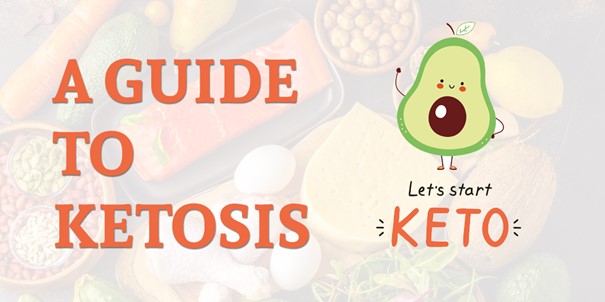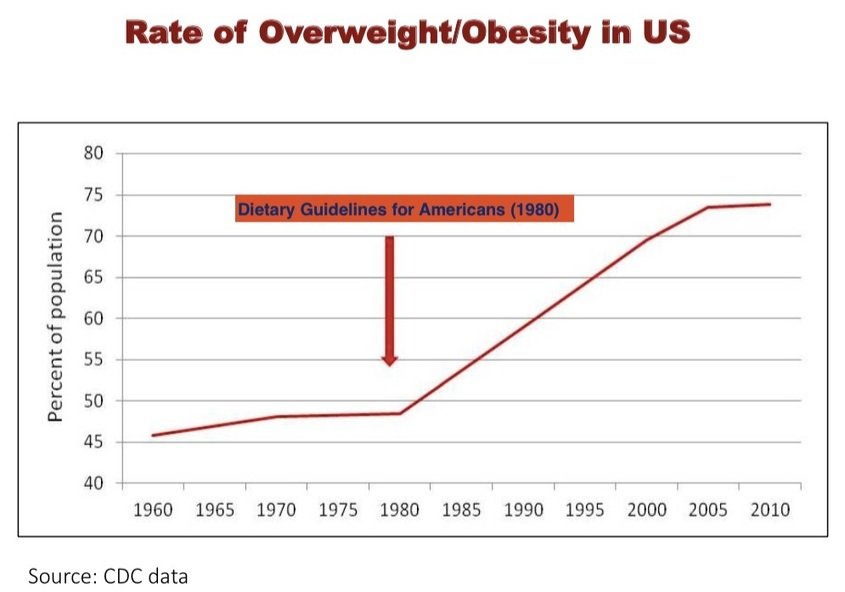You’ve been wondering if your body has successfully reached ketosis or not? Don’t worry, you’re in the right place! Learn to recognize some of the common signs and symptoms of ketosis and find tips to deal with the most uncomfortable symptoms.
Keto breath: During ketosis, a volatile ketone body (acetone) can escape through your breath, causing a fruity smell or something like nail polish remover. Eat sugar-free gum to reduce the keto breath.
Dry mouth, increased thirst, and urinating often: Take nutritional supplements and drink enough water to replenish the lost electrolytes and deal with keto flu. Flu like symptoms (headaches, fatigue, nausea) can appear while your body is getting used to the absence of glucose and is switching to fats for energy. After a few days you shall feel better.
ketones in your blood: Your ketone blood level shall be between 0.5 and 3.0 mmol / L if you are in ketosis, use a ketone meter to find out. Check out the full article of Go-Keto to read more about the symptoms and the benefits of a keto lifestyle. Go-keto is an online boutique which offers a variety of keto friendly foods and supplements that shall accompany you throughout our keto program.




